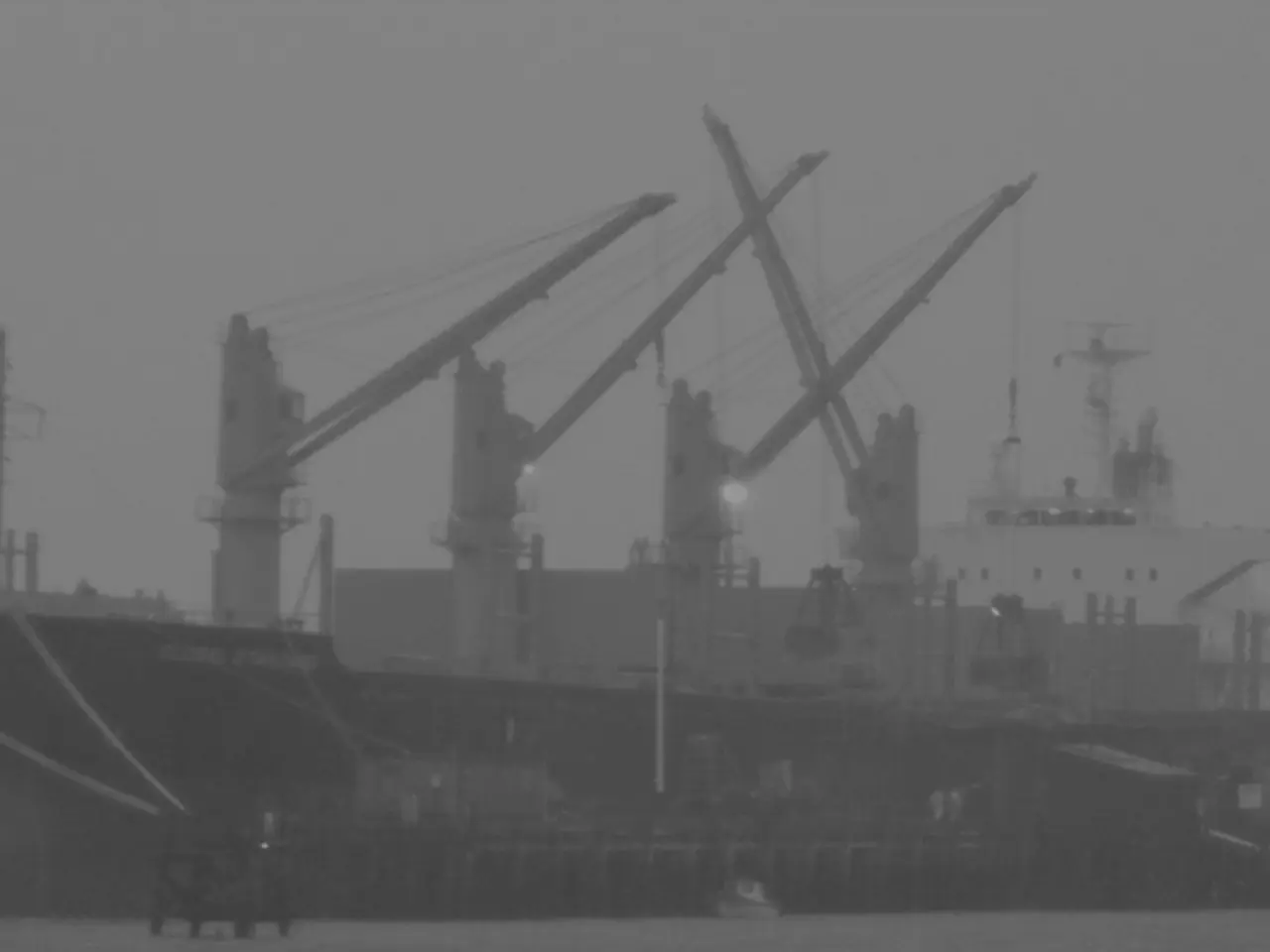Naval Officials Condemn Deadly Assaults on Ships in the Red Sea
The Red Sea shipping crisis has reached a critical point, with renewed and intensified attacks by the Houthi rebels in the Bab al-Mandeb Strait causing significant disruptions to global logistics and supply chains.
The crisis, which ended a six-month period of relative calm, has resulted in the sinking of two major commercial vessels—the Liberian-flagged, Greek-operated bulk carriers Magic Seas and Eternity C—causing casualties among crews and heightening risks for neutral shipping.
Key details of the situation reveal that the crisis accelerated after conflict erupted between Israel and Hamas, with the Houthis targeting vessels in this strategic maritime chokepoint. All major shipping lines suspended routes through the Red Sea and Suez Canal by March 2024, diverting vessels around the Cape of Good Hope, leading to extended transit times, increased freight rates, and equipment shortages at major hubs like Singapore and Rotterdam.
Despite the attacks, vessel traffic through the Bab al-Mandeb Strait has not significantly decreased and remains at near-normal levels, reflecting commercial users’ unwillingness or inability to abandon the route entirely.
The main actors in this conflict are the Houthi rebels, who are responsible for missile and drone attacks on commercial vessels in the Red Sea, aiming to disrupt maritime traffic, and global shipping companies, many of which are Greek-operated, who have been forced to reroute or suspend passage through the Red Sea due to heightened risks. Governments and international organizations, including the UN, continue to monitor the crisis, condemning attacks and trying to maintain stability around key ports and shipping lanes.
The outlook for the Red Sea shipping crisis is grim, with the suspension of container shipping through the Red Sea and Suez Canal projected to continue indefinitely throughout 2025, maintaining significant disruptions to global logistics and supply chains.
In a joint statement, the International Chamber of Shipping, BIMCO, European Shipowners | ECSA, INTERCARGO, and INTERTANKO expressed outrage over the attacks in the Red Sea. Joe Kramek, President & CEO of the World Shipping Council, also voiced his concerns, emphasizing the vital role of seafarers in transporting food, goods, and energy across the global economy. Industry groups and the IMO Secretary-General have called on all stakeholders to protect the lives of civilian seafarers.
The Magic Seas, under a Liberian flag and operated by a Greek firm, was attacked but all 22 crew members were safely evacuated. However, the assault on the Liberian-flagged vessel Eternity C resulted in the deaths of four crew members. The attacks have also caused at least seven fatalities in total, with three happening earlier in the campaign.
The Joint Maritime Information Centre (JMIC) has urged shipping companies operating in the Red Sea, Bab al-Mandeb Strait, and Gulf of Aden to conduct thorough risk assessments, reviewing any Israeli port calls, and evaluating their digital footprints to identify potential vulnerabilities. The JMIC suggests that the vessels were likely targeted due to their prior Israeli port calls or affiliations with ships that had called at Israeli ports.
As the Red Sea shipping crisis continues to escalate, all parties involved must work together to ensure the safety of seafarers and maintain the flow of essential goods and resources across the global economy.
- The Red Sea shipping crisis, exacerbated by the incidence of war-and-conflicts between Israel and Hamas, has led to a disruption in global trade, as major shipping lines have suspended routes through the Red Sea and Suez Canal, causing extended transit times, increased freight rates, and equipment shortages at key hubs like Singapore and Rotterdam.
- The general news regarding the Red Sea shipping crisis includes the continued attacks by the Houthi rebels on commercial vessels in the Bab al-Mandeb Strait, aiming to disrupt maritime traffic, and the need for global politics to address this crisis by ensuring the safety of seafarers and maintaining the flow of essential goods and resources across the global economy.








